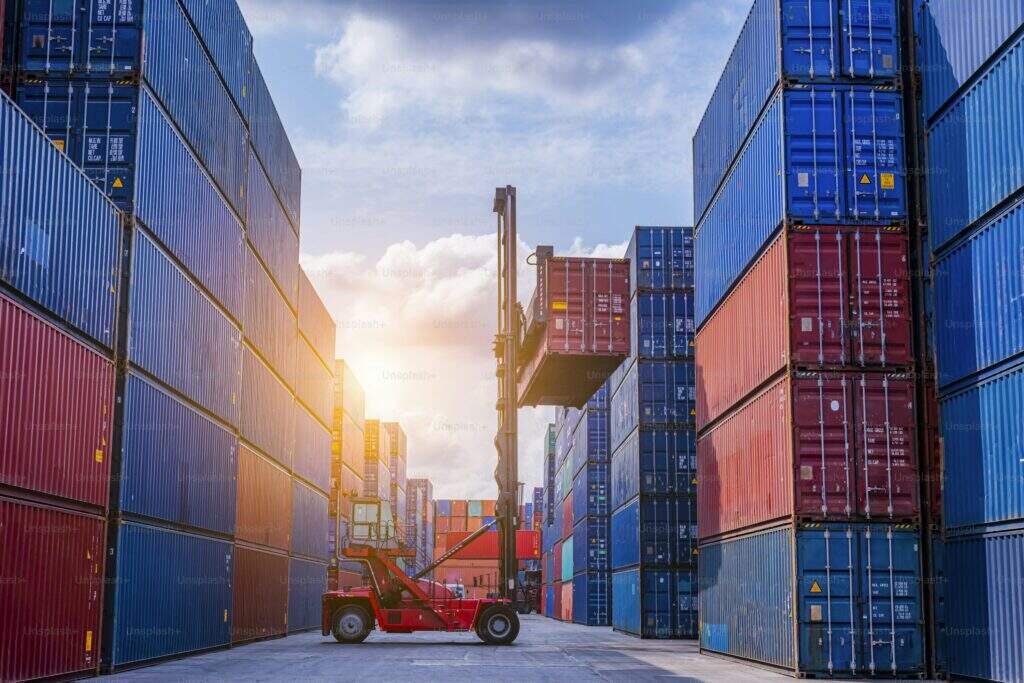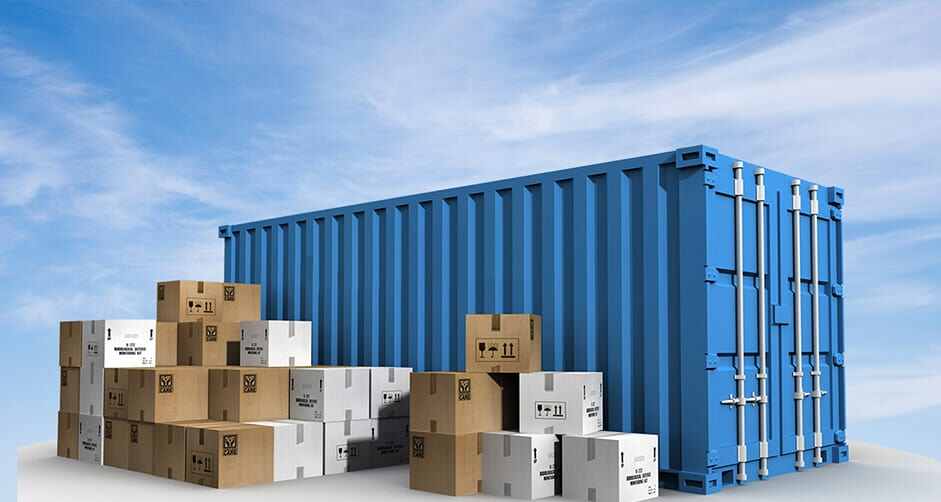importna logistika
Logistika uvoza obuhvata kompleksno upravljanje i koordinaciju pokreta robe od međunarodnih dobavljača do domaćih odredišta. Ovaj složen proces uključuje više komponenti, uključujući prohod carinske procedure, prevozni posrednike, obradu dokumentacije i upravljanje skladištima. Savremena logistika uvoza koristi napredne tehnološke rešenja kao što su sistemi za stvarno-vremenski praćanje, automatska carinska obrada i inteligentna skladišna upravljanja kako bi se optimizirale operacije. Ovi sistemi se integriraju sa platformama za planiranje resursa poduzeća (ERP) kako bi se obezbedila vidljivost i kontrola celog procesa uvoza. Primena veštačke inteligencije i algoritama mašinskog učenja pomaže u optimizaciji planiranja ruta, predviđanju mogućih kašnjenja i efikasnom upravljanju zalihami. Logistika uvoza takođe uključuje ključne elemente poput inspekcija kontrole kvaliteta, praćenja saglasnosti i protokola upravljanja rizicima kako bi se osiguralo glatko međunarodno trgovinsko delovanje. Sistem podržava različite načine transporta, uključujući pomorsku, vazdušnu i kopnu prevoznicu, sa intermodalnim rešenjima koji maksimiziraju efikasnost i ekonomičnost. Pored toga, logistika uvoza uključuje sofisticirane sisteme upravljanja dokumentacijom koji obrađuju račune za prijem, carinske deklaracije, sertifikate porekla i druge ključne trgovinske dokumente. Ovaj kompleksni pristup osigurava saglasnost sa propisima dok se istovremeno održava operativna efikasnost tokom celog procesa uvoza.


